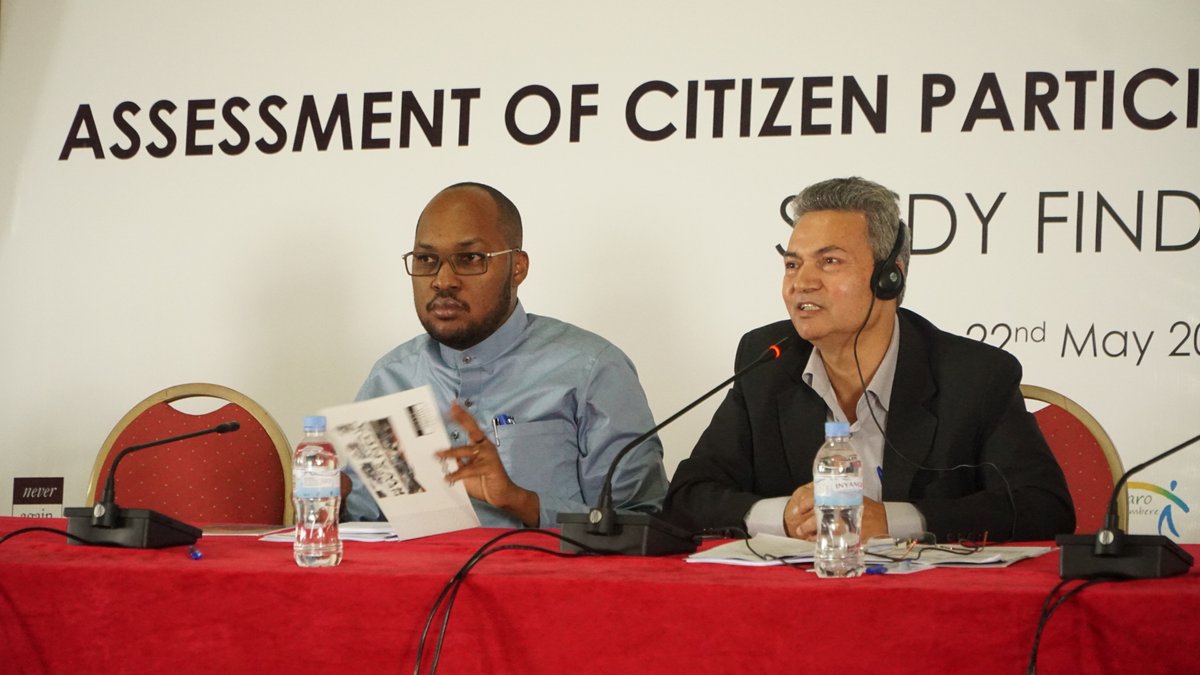Research | rwanda | Performance Contracts | Imihigo | Assessment | Citizen Participation | RGB
Since its inception in 2006, imihigo -a flagship home-grown governance policy of the Government of Rwanda, has been driving speedy, accountable and quality implementation of the governmental action as a whole. It is widely agreed that for imihigo to continue improving effective and accountable implementation of local and national programs, a high level of citizen participation in its entire process (formulation, implementation, monitoring, review and evaluation) is required.
However, several studies (RGB 2016, 2015, 2014, 2012 & NAR 2016 and IRDP 2013) conducted over the past years have consistently shown that, except in the implementation phase, citizen participation in other phases of imihigo process is still low. Even more so, the reasons for the consistent low citizen participation in imihigo preparation, let alone monitoring, review and evaluation, are still unknown.
It’s against this background that Never Again Rwanda (NAR) in partnership with AJPRODHO-JIJUKIRWA conducted a qualitative study titled: “Assessment of citizen participation in local Imihigo processes.” The 7-month study that covered 15 Districts: Nyagatare, Gatsibo, Kayonza, Gakenke, Burera, Musanze, Gicumbi, Ngororero, Nyabihu, Karongi, Rutsiro, Nyaruguru, Nyamagabe, Huye and Gasabo sought to identify and assess the contributing factors to the persisting low citizen participation in local government imihigo processes.
Following the field activities, a validation workshop was organized in a bid to solicit comments and inputs towards the improvement of the quality of the draft research findings report from local and central government officials, academia, national CSOs and international CSOs’ representatives, as well as the donor community. The 47 participants reiterated the contribution of the research to improve imihigo process for sustainable development and how it’s contributes to the National Strategy for Transformation.
The final report will be released in a National Stakeholders Meeting in June, 2018 and it will also be disseminated to provincial and district levels where the research was conducted. The assessment study was supported by Ikiraro cy’Iterambere and Norwegian People’s Aid.


